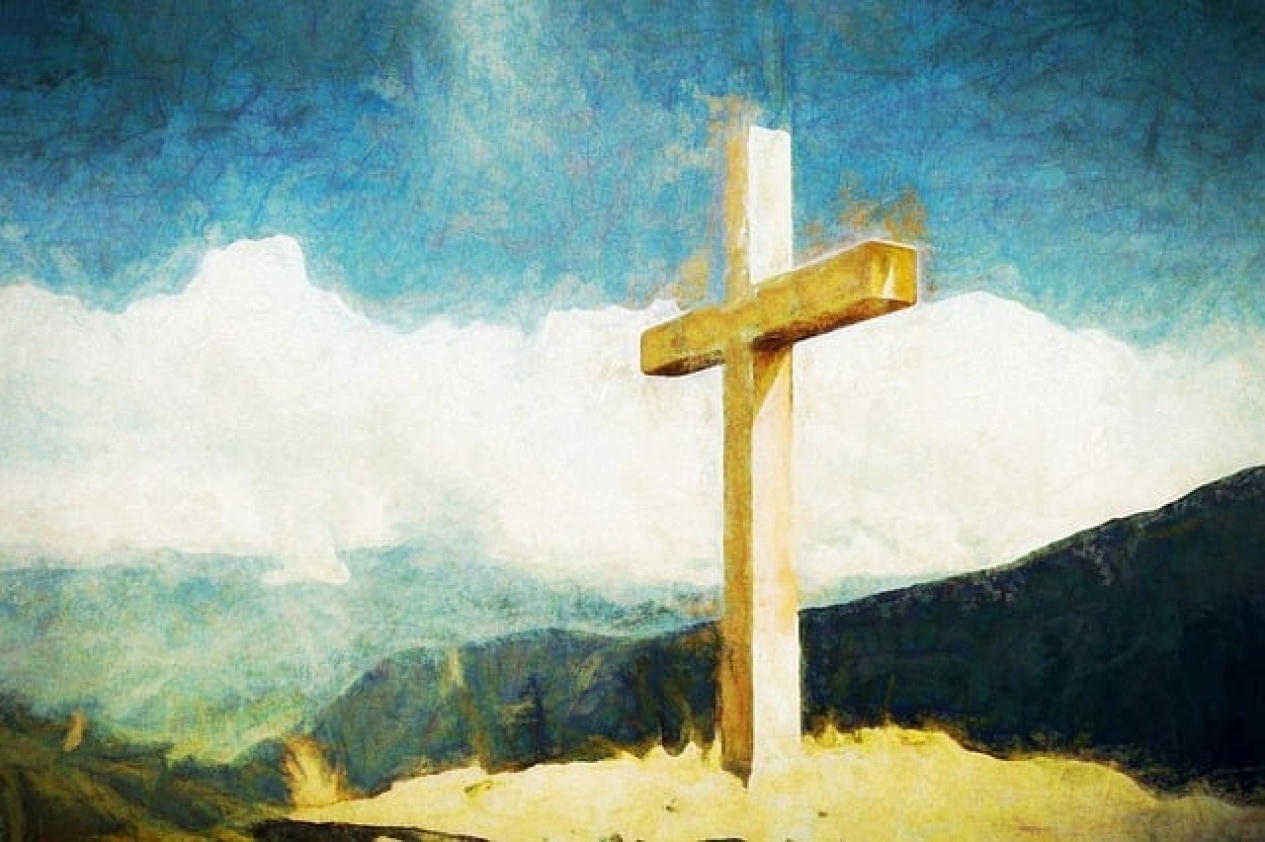The New Covenant
The old covenant included Israel and its inhabitants, the Israelites, who were obligated to comply with the laws of God (Deut 27:1–26). They would be punished if they did not obey God
(28:15–68) and blessed if they did (28:1–14). The guilt (Lev 6:1–7, 7:1–7) and sin (6:24–30) offerings required animals to be sacrificed to temporarily (Heb
10:4) atone for the sins of humans. Importantly, Jeremiah 31:31–34 prophesied the new covenant. Jesus is the mediator (Heb 9:14–15) and guarantor (7:22) of the new covenant, which
supplanted the old (8:13). The new covenant involves Jews and Gentiles (Rom 11:11–24). Importantly, Christ fulfilled the law (Matt 5:17). Thus, one’s faith in Jesus (Rom 3:22)
grants them salvation (Eph 2:8) and life everlasting (John 6:40). Additionally, the sacrificial death of Christ atoned for all sin (1 John 2:1–2), which forever ended animal sacrifice
for guilt (Lev 6:1–7, 7:1–7) and sin (6:24–30) offerings (Heb 10:10–18).
Unknown to most, one facet of this new covenant includes bringing peace and harmony to animals (Hosea 2:18, Job 5:22–23, Ezekiel 34:25–31), implying a vegan lifestyle. Hosea 2:18
NIV states, “In that day I will make a covenant for them with the beasts of the field, the birds in the sky and the creatures that move along the ground. Bow and sword and battle I will
abolish from the land, so that all may lie down in safety.” Hebrews 2:8 indicates that the kingdom of God is “here but not yet,” meaning the kingdom has been inaugurated
with Christ (Matt 4:17) but will be completed in the future when he returns (24:30). Jesus implied in the Parable of the Leaven (13:33; Luke 13:20–21) and the Parable of the Mustard
Seed (Matt 13:31–32; Mark 4:30–32; Luke 13:18–19) that the kingdom of God would plant, start small, and grow with time.
Similarly, the new covenant (22:20) began shortly after Pentecost (Acts 2:1), and with the help of Christians (Matt 6:10; 2 Pet 3:11–13), the Hosea 2:18 new covenant will grow in
greater fulfillment until it reaches completion on the New Earth (Isa 66:22). On the eternal New Earth (65:17–18), humans and animals will live in peace and harmony without harm or
death for all eternity (Isa 11:6–9, 65:25; Hos 2:18; Rom 8:18–25, Rev 21:1–4). Jesus will complete this everlasting paradise (2 Pet 3:13) after his second coming (Matt
16:27). The New Earth is a restoration of Eden (Isa 51:3). In Eden, humans and animals ate only plants (Gen 1:20–2:8), and there was no harm or death (Rom 8:18–25). Like Eden,
Hosea 2:18 states that humans and animals will live peacefully and safely, implying a vegan lifestyle. Thus, a facet of the new covenant (Luke 22:20) beginning shortly after Pentecost (Acts
2:1) is encouraging vegan lifestyles (Hos 2:18) and, therefore, discouraging animal exploitation. For example, several restrictions on meat are commanded by the Bible.

